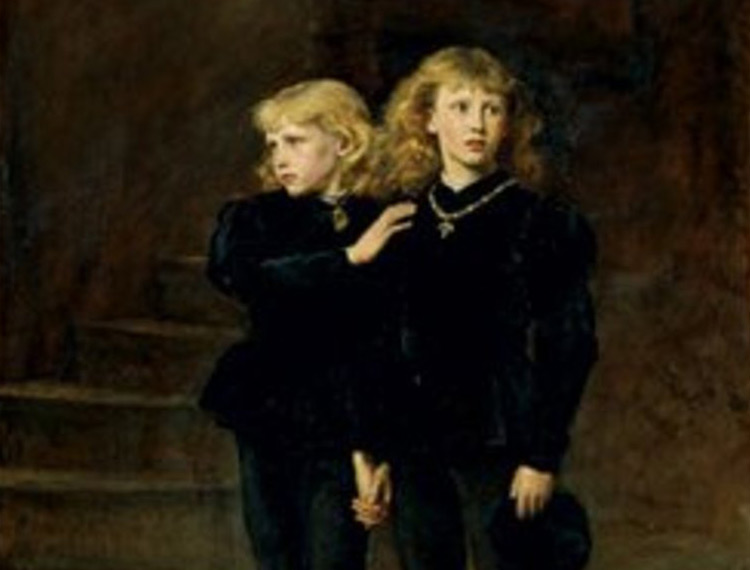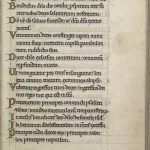
How refreshing to hear about some new historical documents that have come to light concerning the fate of the Princes in the Tower. Philippa Langley has done it again, pioneered a fresh path through the shadows. She has achieved this by recruiting a team of researchers to comb the European archives and by taking a very forensic approach to the investigation.
I’ve now had to change my mind about what happened to Edward V. I was wondering if as a teenager he had actually become so depressed and desperate in the Tower that he committed suicide. One account (Mancini quoting the boy’s physician, Dr Argentine) says that Prince Edward sought remission of his sins and was convinced he was going to die (presumably because most deposed kings were murdered?) and another theory is that he was suffering from a very painful jaw. Added to that, he was incarcerated with a younger brother who he hardly knew, since from the age of three he had spent most of his life iin his own household at Ludlow rather than with his parents. Prince Richard was only nine. To add to Prince Edward’s poor state of mind, his mentor, the man who had supervised his education, Lord Rivers, his maternal uncle, had been executed. All this could have prompted the lad to take his own life. Of course, he would have believed that to take your own life would be against the will of God, but committing that act would certainly mean that the common people would regard Richard III and Henry, Duke of Buckingham as child murderers.
OK, all that was just a theory and, yes, I’ve abandoned it gladly. The documents that have now come to light are very convincing so if you are interested in the mystery of the Princes, do read Phiippa Langley’s book The Lost Princes or watch her recent doumentary. It is utterly fascinating




